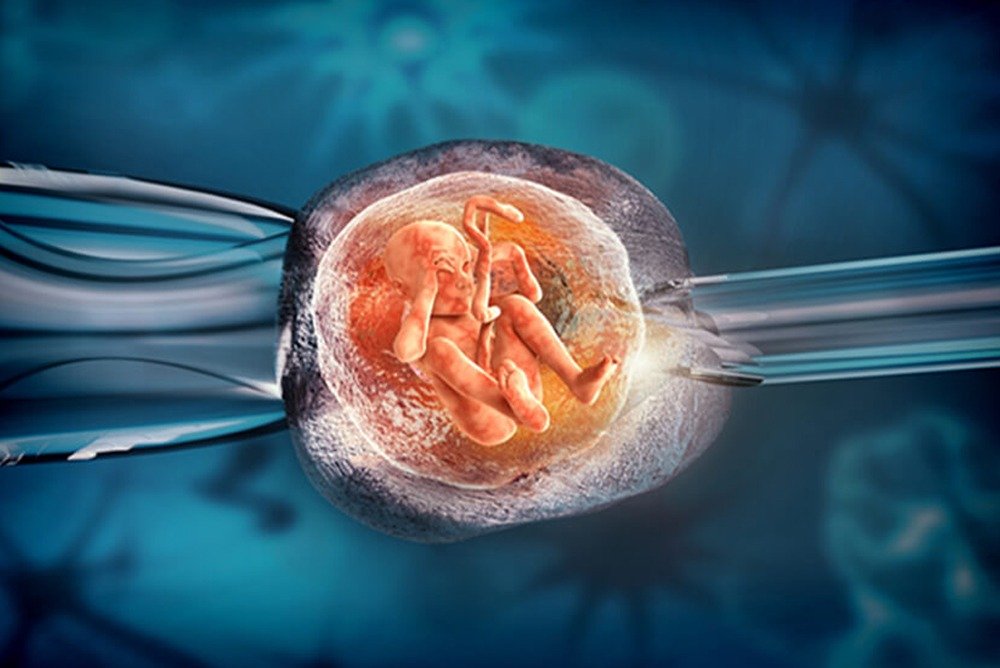When couples choose IVF (In-Vitro Fertilization), one of the most eagerly awaited milestones is embryo transfer. But the journey doesn’t end there—the real challenge begins with embryo implantation. This critical process determines whether a pregnancy will take hold.
At Reviva IVF, under the expert guidance of Dr. Sandeep Cheema Sohi, we focus on making sure every stage—right from embryo transfer to implantation—is optimized for success.
What is Embryo Implantation?
Embryo implantation is the process where a fertilized embryo attaches itself to the uterine lining (endometrium) and begins to embed. This marks the start of pregnancy, as the embryo connects with the mother’s blood supply and signals the body by producing hCG (human chorionic gonadotropin)—the hormone detected in pregnancy tests.
Without proper implantation, even the healthiest embryos cannot result in pregnancy.
Timeline: From Transfer to Implantation
Here’s what typically happens after an embryo transfer in an IVF cycle:
| Day | Stage | What Happens? |
| Day 0 | Embryo Transfer | A carefully selected embryo (day 3 cleavage stage or day 5 blastocyst) is placed in the uterus. |
| Day 1–2 | Pre-Implantation | The embryo continues to grow and may start the process of “hatching” from its shell (zona pellucida). |
| Day 3–4 | Early Attachment | The embryo makes its first contact with the endometrial lining. |
| Day 5–7 | Full Implantation | The embryo embeds deeper into the uterine lining, establishing maternal blood supply and releasing hCG. |
This process is delicate and influenced by both embryo quality and uterine receptivity.
Factors That Influence Successful Implantation
Why Implantation Sometimes Fails
Even in the best IVF labs, implantation doesn’t always occur. Common causes include:
- Thin or scarred uterine lining
- Hormonal imbalances
- Genetic abnormalities in embryos
- Uterine abnormalities like fibroids or polyps
- Unexplained immunological factors
In such cases, Repeated Implantation Failure (RIF) may be diagnosed, requiring specialized investigation and treatment.
Reviva IVF’s Approach to Implantation Success
Dr. Sandeep Cheema Sohi and her team at Reviva IVF employ advanced protocols to maximize implantation chances:
- Personalized endometrial preparation with hormone monitoring
- Advanced embryo selection and grading to choose the healthiest embryos
- Assisted hatching in cases where embryos may struggle to implant
- Minimally invasive embryo transfer techniques to avoid uterine trauma
- Close monitoring post-transfer to provide supportive therapy
Her empathetic counseling ensures that patients are fully informed and emotionally supported through this sensitive stage.
Final Thoughts
The journey from embryo transfer to implantation is both a science and a miracle. While IVF technology provides precision, nature still plays its role in deciding the outcome.
At Reviva IVF, our commitment is to combine cutting-edge science with compassionate care, ensuring that patients receive the best possible support for their parenthood dreams.










